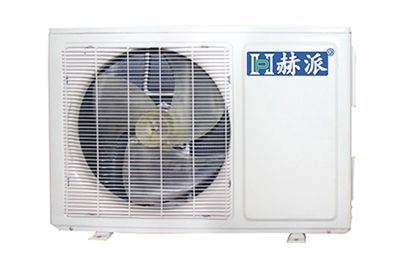The air-energy heat pump hot water project uses the working principle of the heat pump to absorb low-energy heat in the air, pass the heat exchange of the intermediate medium, and compress it into high-temperature gas. The water is heated through the pipeline circulation system, and the power consumption is only 1/4 of the electric water heater.
This new product overcomes the shortcomings of solar water heaters relying on sunlight to collect heat and inconvenient installation. Since the air-energy water heater works by exchanging heat through the medium, it does not require the electric heating element to directly contact the water, which avoids the risk of electric water heater leakage, and also prevents the possible explosion and poisoning of the gas water heater, and more effectively controls the fuel oil. Air pollution caused by exhaust gas from water heaters.
The air energy heat pump hot water project does not require sunlight, so it can be placed at home or outdoors. After the water stored in the solar water heater is used up, it is difficult to produce hot water immediately. If electric heating takes a long time, and the air energy water heater can operate under pressure 24 hours a day as long as it has air and the temperature is above zero degrees Celsius. In this way, even after one tank of water is used up, another tank of hot water will be produced in about an hour or even less. At the same time, it can also fundamentally eliminate safety hazards such as electric water heater leakage, dry burning, and harmful gas generated when gas water heaters are used. It overcomes the shortcomings of solar water heaters that cannot be used in rainy days and inconvenient installation. It has high safety, high energy saving, long life, Many advantages such as no emission of poisonous gas. The service life of air energy heat pump hot water projects can generally reach 15 to 20 years.
Air source heat pump hot water project, as its name implies, is to transfer the heat in the air to the water through the refrigerant. Traditional electric water heaters and gas water heaters consume electricity or gas, and their thermal efficiency is less than 100%. Since most of the heat is absorbed from the air, its thermal efficiency can reach more than 300%, and its biggest advantage is refrigeration.
 中文版
中文版


 about us
about us company culture
company culture Qualification
Qualification Company reality
Company reality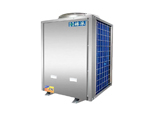 Air energy water heater
Air energy water heater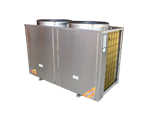 Swimming pool constant temperature hot water unit
Swimming pool constant temperature hot water unit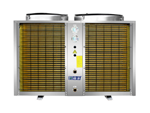 Ultra-low temperature hot water unit
Ultra-low temperature hot water unit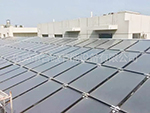 Air energy hot water project
Air energy hot water project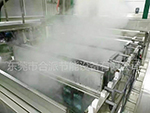 Industrial high temperature hot water project
Industrial high temperature hot water project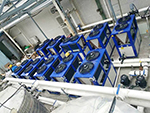 Air energy heating project
Air energy heating project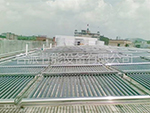 Media to Electricity Project
Media to Electricity Project pre-sale service
pre-sale service After-sales service
After-sales service Service Center
Service Center feedback
feedback